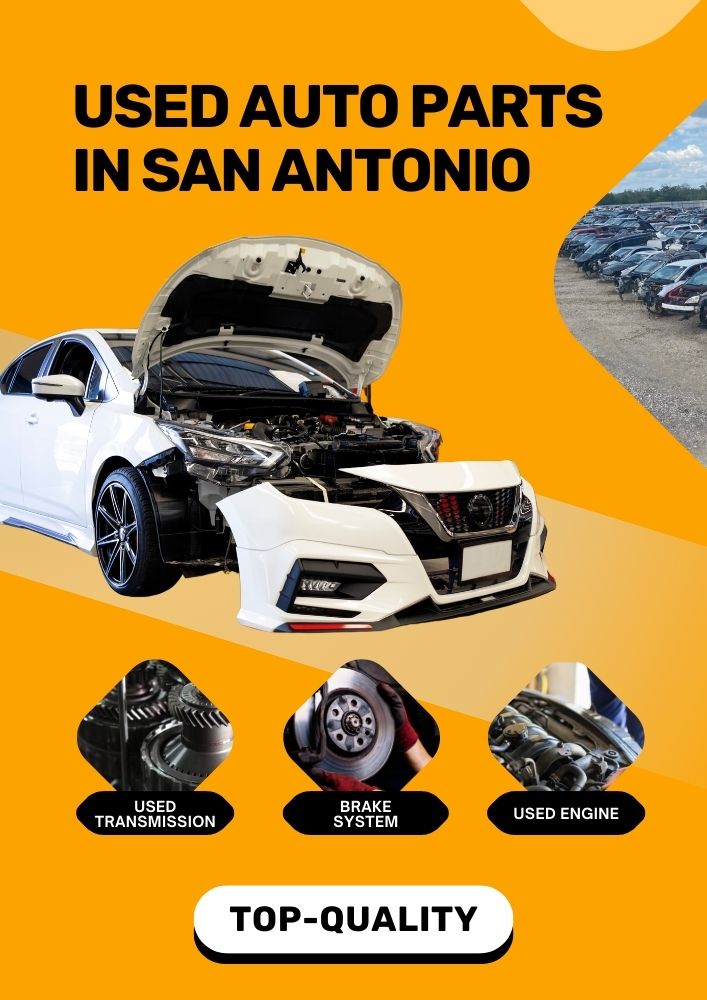Understanding the Current Situation
The automotive industry has once again been hit by a significant production hurdle, this time affecting the highly anticipated 2024 Ford F-150. As the backbone of Ford’s lineup, the F-150 has long been a favorite among truck enthusiasts. However, recent developments have revealed that production lines are experiencing delays due to a parts shortage.
Impact of the Parts Shortage on Production
The 2024 Ford F-150 is facing production setbacks primarily due to the unavailability of crucial components. This shortage has caused disruptions in the supply chain, leading to delays across multiple manufacturing stages. Such delays not only impact the timeline for the truck’s release but also elevate concerns about maintaining quality standards amidst resource constraints.
Factors Contributing to the Shortage
Several factors have contributed to this parts shortage, creating a perfect storm for auto manufacturers. Some of the most impactful elements include:
- Global Supply Chain Disruptions: The pandemic’s resurgence in various parts of the world has led to erratic supply chains, causing hiccups in the smooth flow of parts and materials.
- Increased Demand for Raw Materials: With the global push towards electric vehicles (EVs) and advanced technologies, the automotive industry is in a relentless race for the same pool of raw materials, including semiconductors and electronic components.
- Geopolitical Tensions: Trade tensions and regulatory changes between key countries have further exacerbated supply chain vulnerabilities, limiting access to essential components.
Ford’s Response to the Crisis
Ford has been actively seeking solutions to mitigate the impact of the parts shortage on the 2024 F-150. The company has ramped up efforts to diversify its supplier base and explore alternative sourcing strategies. Additionally, Ford is prioritizing critical components to maintain production momentum, albeit at a slower pace.
Adaptive Manufacturing Tactics
In an attempt to minimize downtime and deliver on consumer expectations, Ford is employing adaptive manufacturing strategies. These include:
- Modular Production: Segmenting the production process into modular phases allows for some portions of the truck to be completed while waiting for specific parts to arrive.
- Flexible Workforce Management: Temporarily reassigning workforce to other critical tasks helps maintain operational efficiency, even when certain production lines are stalled.
- Inventory Audits: Regular audits and strategic management of existing inventory ensure that available parts are utilized effectively without wastage.
Implications on Consumer Market
The F-150’s production delay has reverberated through the consumer market, causing potential buyers to reassess their purchase plans. Current and prospective F-150 owners are facing extended waiting periods, which can influence their buying decisions.
Wider Market Ramifications
The broader market implications of this shortage are multifaceted. Dealerships are grappling with limited stock, and the ripple effects are noticeable in the aftermarket. Additionally, consumers may explore alternative vehicles or even consider purchasing used trucks.
GiantImports: Your Solution to Used Auto Parts
For those seeking cost-effective alternatives or experiencing difficulties in obtaining certain parts, GiantImports offers a comprehensive range of used auto parts. This can be especially beneficial for Ford enthusiasts needing quick fixes or replacements that may currently be scarce in new production lines.
Long-Term Strategies for Supply Chain Resilience
Ford is not merely focusing on immediate fixes but is heavily invested in creating long-term strategies to bolster its supply chain resilience. This reflects a broader understanding that recurring shortages could derail future plans and consumer trust.
Investments in Technology and Infrastructure
Technology plays a crucial role in navigating supply chain challenges. Ford is proactively investing in:
- Advanced Analytics: Leveraging big data and AI to predict supply chain disruptions and mitigate risks before they escalate.
- Blockchain for Transparency: Implementing blockchain technology to increase transparency and traceability across the supply chain.
- Localizing Supply Chains: Reducing dependency on overseas suppliers by establishing more production facilities closer to home.
The Road Ahead for Ford F-150
Despite the current hurdles, the future of the 2024 Ford F-150 remains optimistic. Ford’s proactive measures and strategic adjustments are expected to eventually stabilize the production line. Enthusiasts and potential buyers are encouraged to keep a close eye on updates from Ford as the company navigates these challenges.
Staying Updated
For the latest information and updates on the 2024 Ford F-150 production and availability, make sure to follow reliable sources. Ford’s official communication channels and platforms like Ford Authority will provide timely insights and announcements.
Conclusion
The parts shortage impacting the 2024 Ford F-150 underscores the complexities of modern automotive manufacturing. While challenges are inevitable, Ford’s resilience and strategic response highlight its commitment to delivering quality vehicles to its customers. As we navigate these turbulent times, staying informed and exploring adaptive measures, such as sourcing used parts from platforms like GiantImports, can ease the burden and ensure that automotive enthusiasts continue to enjoy their beloved vehicles.





